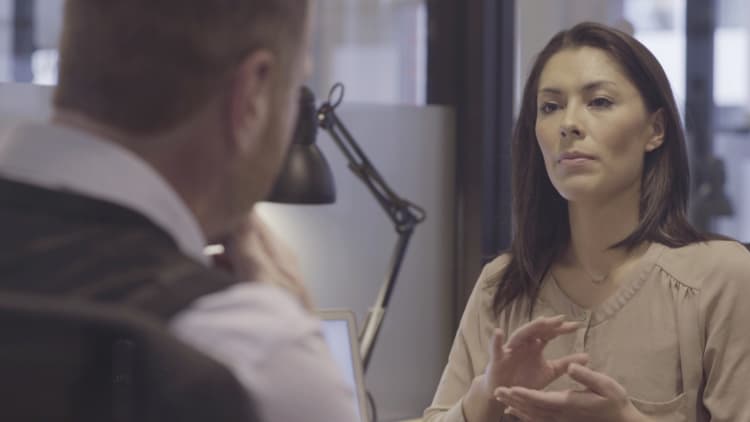Whether you're renegotiating your rent, asking for a raise, or deliberating with your partner, you want to start every negotiation the same way: "With a good opening question," says Chris Voss, former lead international kidnapping negotiator for the FBI.
You want to ask calibrated, open-ended questions, Voss explains in his book, "Never Split the Difference," since "they allow you to introduce ideas and requests without sounding overbearing or pushy."
"Calibrated questions avoid verbs or words like 'can,' 'is,' 'are,' 'do,' or 'does,'" he continues. "These are closed-ended questions that can be answered with a simple 'yes' or a 'no.'"
Instead, start with "what" or "how." These two words can calibrate pretty much any question, he explains: "'Does this look like something you would like?' can become 'How does this look to you?' or 'What about this works for you?'"

One of Voss' favorite questions to open with is: What is the biggest challenge you face? "It just gets the other side to teach you something about themselves, which is critical to any negotiation because all negotiation is an information-gathering process," he writes.
His other go-to questions include:
- What about this is important to you?
- How can I help to make this better for us?
- How would you like me to proceed?
- How can we solve this problem?
Starting with an open-ended question is just step one. "Actually listen to the answer," Voss says in "Driven," a new video series by HBX, the digital learning initiative of Harvard Business School. "A lot of people are used to being asked questions and not having their answers listened to. ... If you turn them off, it gives them permission to turn you off."
Don't miss: A former FBI hostage negotiator says these 2 words are crucial in any negotiation


